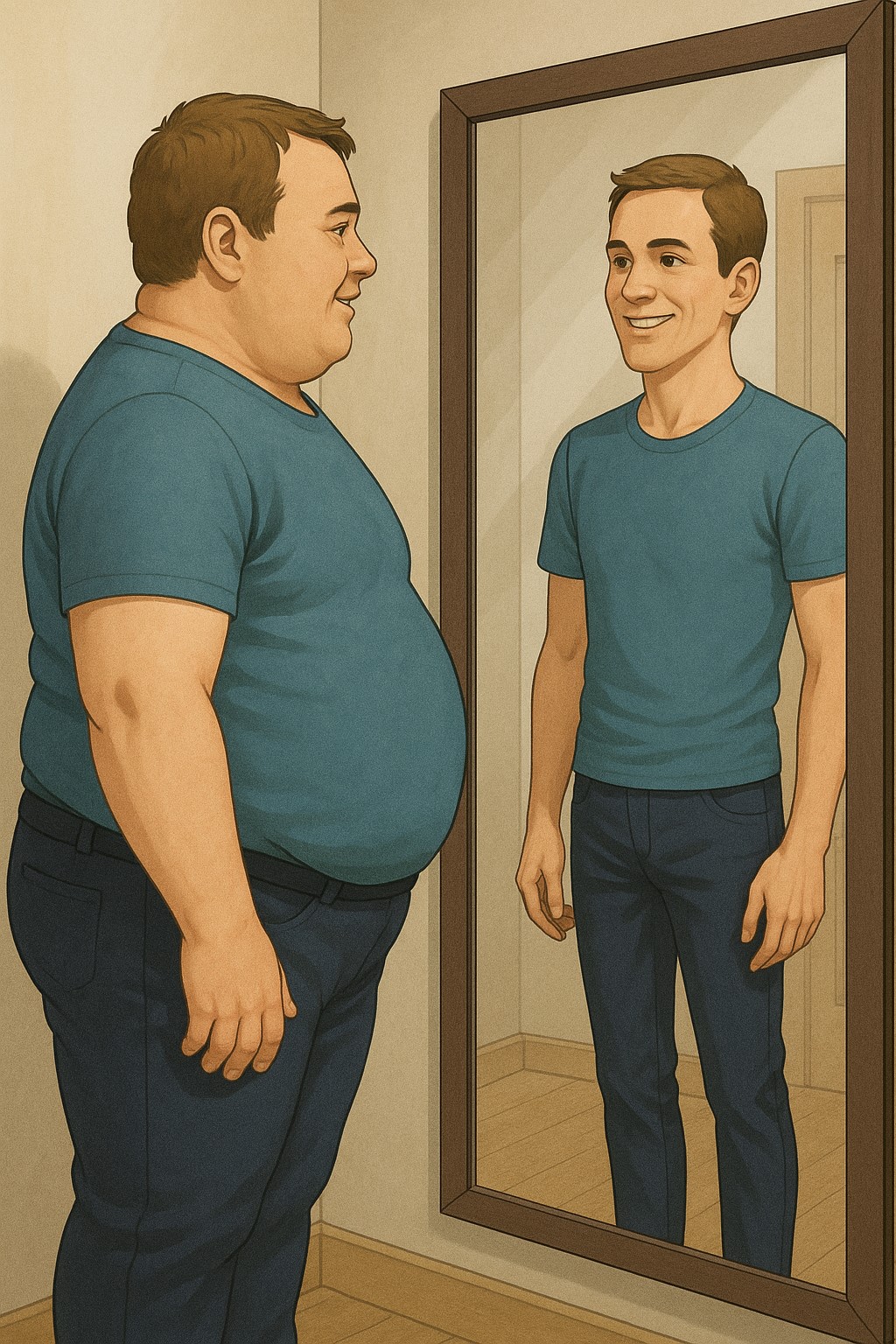Why does prostate cancer occur?
Prostate cancer is a common cancer among men. Cell's DNA changes cause cancer.
DNA provides instructions to cells, telling them how to behave. Loss of controlled cell growth leads to cellular abnormalities.
These accumulating abnormal cells become cancer and may invade nearby structures. Eventually, these prostate cells may split away and spread (metastasis).
Risk factors for prostate cancer
The American Cancer Society (ACS), European Association of Urology (EAU) and National Cancer Institute Excellence (NICE) recognise the following as risks of developing prostate cancer:
- Old age. Your risk of prostate cancer increases as you get older.
- Race. Black men are at a greater risk of developing prostate cancers, which are more aggressive and locally advanced. Compared to white men, they are nearly twice as likely to develop and pass away from prostate cancer. The reasons are not yet clear, but genes may play a role. Black men are encouraged to start screening for prostate cancer at 45; early detection means various cancer treatment options can be explored with a clear impact on survival.
- Family history. If you have a blood relative, dad, brother, or child who has been diagnosed with prostate cancer, your risk may be increased.
Also, if you have a family history of maternal breast cancer, your risk of prostate cancer may be higher.
Genetic factors may put some men at high risk of prostate cancer.
Hereditary prostate cancer is caused by inherited genes and is suspected if;- You have more than one first direct relative (like brother, father, or son) who suffered from prostate cancer, including relatives in three generations on your maternal or paternal side.
- You developed prostate cancer younger than 55 years old.
- You have prostate cancer, and your family members have a history of breast, ovarian, or pancreatic cancer. BRCA1 or BRCA2 genes inherited mutations are implicated. DNA mismatch repair genes lead to many DNA mutations, possibly leading to various cancers. You may be offered a consultation with a genetic specialist to discuss testing and the implications of these genes and other genes increasing your cancer risk.
- Obesity. Increases not only the risk of prostate cancer but more aggressive prostate cancer as well. Studies suggest that obese men do worse if they receive treatment than those with a healthy weight.
Is smoking a risk of prostate cancer?
Smoking is linked to many cancers and diseases, but results suggest it is not a prostate cancer risk.
What age group is prostate cancer seen most?
60% of men are diagnosed at 65 years or older.
It is rare in men under 40 years.
How to avoid prostate cancer naturally
Things you can change: Eating habits and Lifestyle
Some researchers believe differences in Eastern and Western style diets could be implicated in developing prostate cancer.
Free radicals commonly build up as we age, but their levels increase, influenced by our environment and behaviour.
Men with an increased risk for prostate cancer through age, race, or genetic factors seek natural ways to prevent cancer by following a healthy diet and a regular exercise regimen.
Foods investigated to battle prostate cancer;
Choose food that is a source of;
- chemicals that protect against DNA mismatch repair
- Fibre helps the gut microbiome and helps in lowering sugar levels
- antioxidants that mop up free radicals
Research is controversial as some foods have not shown a benefit, but in other studies, the same food types did show a lower risk.
- pulses and soya beans
Exceptional supply of fibre, proteins, iron, folate, and prebiotics support a healthy gut microbiome and help control sugar levels.
The weak oestrogen action of isoflavones may play a role. - green tea
Green tea catechins are highly bioactive and act on the molecular pathways leading to prostate carcinogenesis.
Green tea polyphenols are antioxidants. - lycopene food (cooked tomatoes, ketchup, pomegranate, watermelon and more)
Lycopene is a carotenoid and antioxidant widely investigated in prostate cancer prevention. Lycopene is detected in the prostate gland, and the concentrations of lycopene are higher in the prostate than in several other tissues.
It is an antioxidant and has a role in inhibiting molecular signalling. - cruciferous vegetables (cabbage, broccoli, Brussels sprouts, cauliflower and more)
Good source of glucosinolates, Sulforaphane, and isothiocyanates. These are natural plant compounds with antioxidant and anti-inflammatory action.
There is no concrete evidence that certain foods fight prostate cancer growth or decrease the chance of it returning after treatment.
As a prostate cancer surgeon, I can recommend a balanced diet containing various foods.
What vitamins are good for prostate health?
There is no established way of primary prevention.
If you have a balanced diet, this should suffice as a good source of all the needed nutrients.
If you supplement your diet, do not exceed each nutrient's recommended daily allowance (RDA), as they can cause harm.
Vitamin D
Vitamin D controls the growth and multiplication of tumour cells. Some researchers have suggested a potential role for vitamin D in lowering the risk of forming prostate cancer.
To date, no solid scientific evidence proves a link between adequate vitamin D intake and prostate cancer risk. However, some men with low levels of vitamin D were diagnosed with prostate cancer that was aggressive and not localised. Yet data showed no overall higher risk of any prostate cancer type.
What are the herbal remedies recommended for prostate cancer prevention?
Evidence favouring herbal remedies is scanty, the number of participants is low, and the follow-up duration is short. The quality assurance of herbal remedies bought can be an issue, and one cannot compare objectively. A product labelled 'natural' does not mean it is necessarily safe. Care has to be recommended in purchasing these products, especially if they are manufactured in certain countries. Discuss with your NHS consultant, private urologist or specialist nurse.
Can physical activity slow down prostate cancer?
Maintaining a healthy weight diet can be challenging. Several studies suggest that men who engage in regular physical activity are less likely to develop prostate cancer or succumb to the disease.
Exercise affects hormones, boosts the immune system, improves body circulation, reduces inflammation, improves mood, and, most importantly, helps us keep a healthy weight.
Does ejaculating decrease the risk of prostate cancer?
Whilst there is no proof of this. The 2016 study has received worldwide attention regarding the sheer size of the population examined: 31,925 men.
Since 1986, The Health Professionals Follow-Up Study has collected information about these men. In 1992, participants disclosed their number of ejaculations per month at three stages in their life: young adulthood (20 to 29), middle age (40–to 49), and in the most recent year. The ejaculations included those during sexual intercourse, natural ones and through masturbation.
How many ejaculations per month reduced the risk of low-grade prostate cancer?
Twenty-one ejaculations per month reduced prostate cancer risk by 20% compared to those averaging seven ejaculations.
Does frequent ejaculation help to prevent all prostate cancers?
Data shows that the benefit may only be linked to reducing the risk of low-grade prostate cancer, not high-risk types.
Can diet reverse prostate cancer?
No. Prostate cancer cannot be reversed. However certain risk factors like obesity can be addressed. Multiple clinical trials have shown that a balanced diet, exercise and a positive attitude make a difference.
What are the foods to avoid?
Diets containing heavily processed foods increase free radicals, resulting in DNA damage, a risk factor for developing prostate cancer. The following have been implicated as a cancer risk;
- dairy products
- red or processed meat
- fatty foods (especially animal fat)
Some studies have indicated an increased risk of developing prostate cancer, but others haven’t found a connection between a diet high on these foods and prostate cancer. More research is needed.
Can you have prostate cancer for years without knowing?
Prostate cancer does not often develop a sign or symptom at an early stage.
What are the 5 early warning signs of prostate cancer
More advanced prostate cancer may cause signs and symptoms such as:
- Trouble passing urine
- Blood in the urine or blood in the semen
- Erectile issues (always speak to your GP get checked; there is no shame in asking what treatments are available)
- Bone pain
- Losing weight without dieting
How quickly does prostate cancer spread?
Prostate adenocarcinoma is the most common type of cancer. Its growth and spread are slow compared to other cancers. A rare, aggressive form of the disease, like prostate sarcoma, behaves differently and spreads rapidly.
Where does prostate cancer spread to first?
Prostate cancer tends to spread first to bones and lymph nodes. There are other sites, but these are the common sites.


